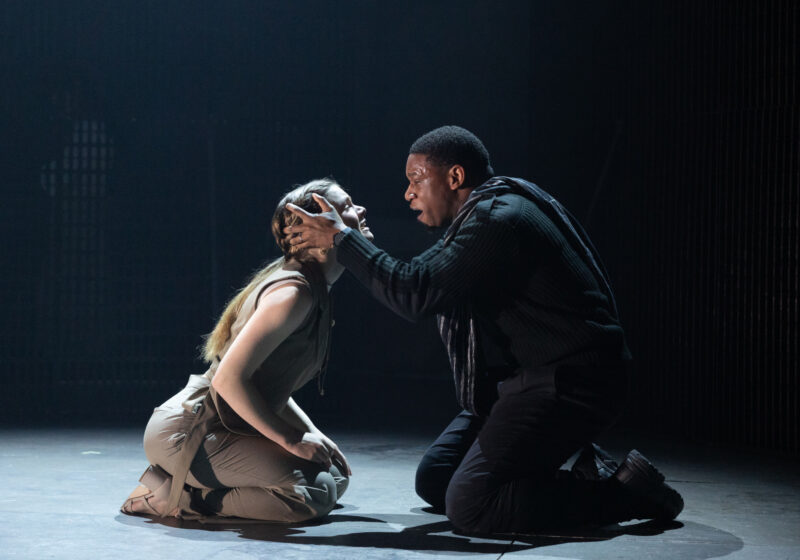In light of Paul J. Burgett’s passing last month, the Intercultural Center named for him held a memorial in his honor.
University President Richard Feldman initiated the memorial by speaking at length about Burgett. Feldman provided a retrospective about the man, emphasizing that Burgett always had an unwavering sense of control and composure.
“Paul always had the civility to listen […] He had a calming way of approaching things […] and always had a sense of control over the situation,” Feldman said, speaking of his early memories of Burgett.
Feldman continued his speech by praising Burgett for his ability to connect with people and the strong support he provided for others.
“Years later, Paul provided the same kind of responsiveness and support as he did right at the beginning,” Feldman said. “Paul had the same kind of connection with hundreds of people.”
The director of the Burgett Intercultural Center, Jessica Guzman-Rea, then took the stage. The director spoke about the value of the Intercultural Center and the development of the Center’s “One Community” program. The program runs during orientation, giving first-year students opportunities to think about identity and to learn about current students’ experiences with identity.
Five former panelists of the One Community program spoke about its inception and development. Issues covered ranged from mental health, disability and intersectionality.
“One Community was one of my first experiences as a freshman,” One Community program assistant Ian Manzi ‘18 said. “It told me ‘Oh, this is what it is. This is what college is.’ And it really caught my attention.”
When asked what the program’s greatest achievement was, program assistant Emerson Finkle responded by saying that the initiative “allowed people to be comfortable being uncomfortable.”
On the topic of how the program developed, the senior said that mental health discussions were a large component of development.
“Mental health wasn’t one of the initial talking points, but became important as time went on,” Finkle said.
Jonathan Burdick, dean of Admissions and Financial Aid, said that the inception of the Intercultural Center five years ago was “long overdue.”
“The Center acts as a catch-all, an oasis for students who’ve felt like the general administration didn’t give them the attention they needed,” Burdick said. “As part of an administration whose goal is to make sure our students graduate, I can say that the Center acts as an essential mechanism in making this happen.”
Burdick also succinctly called the Center a “spatialization of intersectionality”.
When asked what he saw in the future of the Center, Burdick said, “We don’t know what intersectionalities we’ll get in the future, so the idea is to observe and adapt to what our new students need.”
A minimal-assumptions approach, it seems, is the future.





